|
By Josh Seligman What is the kingdom of God like? This is one question Foreshadow sought to address in this past year's theme of pointing to the kingdom of God. (You can read more about the question in the Foreword here.) Over the past year, our authors and contributors have responded to the question through poetry, prose, art, music and conversation. Usually, they have not answered with a direct definition ('The kingdom of God is X') but with a narrative or image, as Jesus often did in his parables ('The kingdom of God is like Y'). Sometimes, our contributors referenced the Beatitudes, the beginning of Jesus' Sermon on the Mount in which he describes the characteristics of people who belong to God's kingdom. So, this review of the past year of Foreshadow features some of our work in relation to the Beatitudes. Of course, there are many more excellent works on Foreshadow; the pieces below have been selected for their strong resonance with this past year's theme and the Beatitudes. To view our other works, you can visit the Contents page here. Blessed are the poor in spirit, for theirs is the kingdom of heaven.
Blessed are those who mourn, for they will be comforted.
Blessed are the meek, for they will inherit the earth.
Blessed are those who hunger and thirst for righteousness, for they will be filled.
Blessed are the merciful, for they will be shown mercy.
Blessed are the pure in heart, for they will see God.
Blessed are the peacemakers, for they will be called children of God.
Blessed are those who are persecuted because of righteousness, for theirs is the kingdom of heaven.
Next year, our theme is 'Called Forth: Vocation and Faith'. Submissions are open, so do share with us any work that contributes to the conversation. You can view submission guidelines here. God-willing, I look forward to 'seeing' you early next year, sharing more work that points to the kingdom of God. Josh Seligman is the founding editor of Foreshadow and a co-host of its podcast, Forecast.
0 Comments
After clicking 'Play', please wait a few moments for the podcast to load. You can also listen on Spotify, Apple, Google, Podomatic, Player FM and Deezer. Listen to other Forecasts here. In the third chapter of Thomas Merton on the Vocation of Writing, 'On Poetry', Merton describes the need for Christian poets to have both writing skills and a contemplative orientation. Such contemplation is illustrated by what pastor Eugene Peterson calls the 'middle voice', synthesising personal initiative and receptivity to the divine. Merton also describes the nature of poetry and its dependence on and renewal of meaningful symbols. Josh Seligman is the founding editor of Foreshadow and co-host of its podcast, Forecast.
'Annunciation' by John Donne Salvation to all that will is nigh; That All, which always is all everywhere, Which cannot sin, and yet all sins must bear, Which cannot die, yet cannot choose but die, Lo! faithful Virgin, yields Himself to lie In prison, in thy womb; and though He there Can take no sin, nor thou give, yet He'll wear, Taken from thence, flesh, which death's force may try. Ere by the spheres time was created thou Wast in His mind, who is thy Son, and Brother; Whom thou conceivest, conceived; yea, thou art now Thy Maker's maker, and thy Father's mother, Thou hast light in dark, and shutt'st in little room Immensity, cloister'd in thy dear womb. Henry Ossawa Tanner (1859–1937) was an American artist.
John Donne (1572–1631) was an English poet and an Anglican priest. By Terry Jarvis A busy Saturday in Kingston, London. An unlikely place for such a drama, but even before I saw him on the bridge a sense of the unusual was with me. He was a big lad with short fair hair. With one arm he gripped the parapet of the bridge, the other was wildly waving his jacket. My eyes fixed on the terror on his face as I dashed through the traffic. Cars slowed, people paused, shading their eyes and frowning. But not going to him. Anger about their lack of caring swept over me and pushed me towards him. I was nearly there, seeing now his blue short-sleeved shirt, his wide eyes, the spectacles clutched in his hand together with his jacket, flapping, held out over the water. I saw the white knuckles on the bridge. 'Don't, please don't!' I grabbed fiercely at him and clutched the top of his arm. 'Don't jump!' He pulled away and was gone. Over the edge and down. I heard the sound of hurrying feet and felt behind me the pressing wall of the crowd. They peered into the water, curious but distant. And yet again the anger welled up inside me. I pulled off my shoes. I was aware of Sue, shocked and quiet at my side. Pulling my money from my jeans pocket I pressed it into her hand. I felt stiff and clumsy as I clambered onto the ledge. And before I could get myself ready for a dive -- I tripped. Thirty feet down, I hit the water hard and sank into a terrifying grey-green world, cold and dark. After what seemed an age as long as a nightmare I rose up again into the brightness, my lungs bursting. I caught sight of the blue shirt just a few yards away and reached out towards it. As I grabbed him he struggled, twisting round and pressing me down under the water. I fought my way up, coughing and gasping. I yelled now. 'Help, someone! Help!' Weakness was creeping through my body with cold fingers. Suddenly I saw the boat. A grey-haired man in a summer shirt and dark trousers was at the steering wheel. Behind him a thin suntanned woman lay back in a seat. I yelled again. The man glanced sideways at me and then his lips tightened and he turned away from me, gripping the wheel. 'Wait... stop! No! Help!' The words struggled from me as I thrashed about in the water. I shouted several times, but he continued to ignore me. And, amazingly, that was when his engine ran out. I heard it splutter as he tried to restart it, then all I could hear was the slap slapping of the waves against the boat as it turned slowly, drifting with the current. Drifting towards me! Now the woman stood, nervously glancing all around. She picked up a short piece of fraying orange string hanging from the bows and threw it towards me. I ignored it and struck out with the last of my strength towards the boat, grabbing the rough edge and hauling myself exhausted over the side. Then there was the canoe that drew alongside, seeming to appear from nowhere. It was being paddled by a silent young man whose calm, almost serene, face was framed with long blond hair. The shaking wet body of the boy who had jumped off the bridge was clinging to the front of the canoe. I leaned over and pulled him into the boat. The canoe went softly on its way and I held the limp body in my arms and let him cry. The rest of the incident passed in a clamour of activity, noise and excitement. The police arrived and asked lots of questions. Someone in the boatyard gave me some dry clothes. Then I was in the back of the ambulance. Vic -- that was the boy's name -- lay white and unseeing under a grey blanket. The ambulance attendant droned on and on. 'Now look at all the trouble you've gone and caused everyone... it just don't make sense. A young man too, whole of your life in front of you, why... there's just no reason... ' There was a hard edge to his voice I hated. I leaned over the blanket, trying to manage a smile, though my throat was sore and my eyes felt strange and swollen. 'Vic, you're going to be all right, don't worry now. I know how you feel. I know how it hurts. Believe me, I do... You see, I've been there myself. Six or seven times I've tried to take my own life. With drugs mostly. Overdose. But that's all in the past. I found a new life, when I discovered that Jesus Christ is a real person. Finding out about Jesus has changed my life completely.' Vic looked at me. He said nothing -- but his eyes seemed to shout for help. The ambulance man rubbed his hands together nervously. He coughed and stared at his feet. 'Well, now, this ain't somethin' I'd just tell anyone,' he began softly. His voice was quite different now, low and confidential. 'It's about the wife. She says she can't take no more. She says she's havin' a sort of breakdown. Nerves it is. She talks about doin' away with herself. I just don't know what to do.' The sadness was there again, welling up from deep inside me. I desperately wanted to help them both and felt so weak. 'O Lord, give me the words to say! Please give me the right words to say to them,' I prayed. Terry Jarvis is a wood carver and author based in Cumbria, England.
The above excerpt comes from Terry's memoir The Long Search (Hodder & Stoughton, 1985) and was published with the author's permission. You can purchase a copy of the memoir directly from Terry by emailing him at [email protected]. It costs £7.95 (including shipping; UK only). 'In Memoriam A. H. H.' by Alfred Tennyson Introduction Strong Son of God, immortal Love, Whom we, that have not seen thy face, By faith, and faith alone, embrace, Believing where we cannot prove; Thine are these orbs of light and shade; Thou madest Life in man and brute; Thou madest Death; and lo, thy foot Is on the skull which thou hast made. Thou wilt not leave us in the dust: Thou madest man, he knows not why, He thinks he was not made to die; And thou hast made him: thou art just. Thou seemest human and divine, The highest, holiest manhood, thou. Our wills are ours, we know not how; Our wills are ours, to make them thine. Our little systems have their day; They have their day and cease to be: They are but broken lights of thee, And thou, O Lord, art more than they. We have but faith: we cannot know; For knowledge is of things we see And yet we trust it comes from thee, A beam in darkness: let it grow. Let knowledge grow from more to more, But more of reverence in us dwell; That mind and soul, according well, May make one music as before, But vaster. We are fools and slight; We mock thee when we do not fear: But help thy foolish ones to bear; Help thy vain worlds to bear thy light. Forgive what seem'd my sin in me; What seem'd my worth since I began; For merit lives from man to man, And not from man, O Lord, to thee. Forgive my grief for one removed, Thy creature, whom I found so fair. I trust he lives in thee, and there I find him worthier to be loved. Forgive these wild and wandering cries, Confusions of a wasted youth; Forgive them where they fail in truth, And in thy wisdom make me wise. Martin Ferdinand Quadal (1809–1892) was a Moravian-Austrian engraver and painter.
Alfred Tennyson (1809–1892) was an English poet. |
Categories
All
ForecastSupport UsArchives
July 2024
|
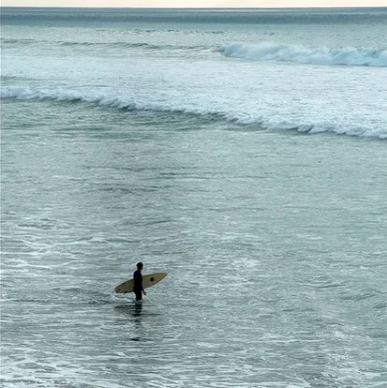
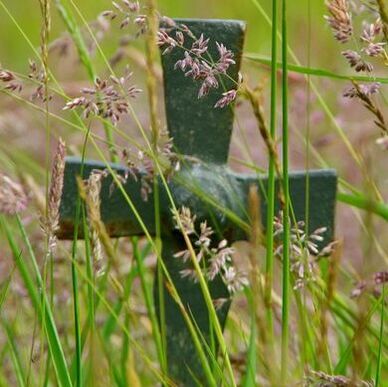
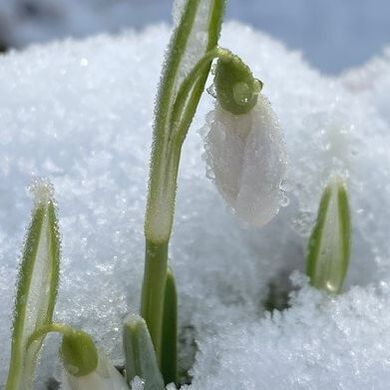
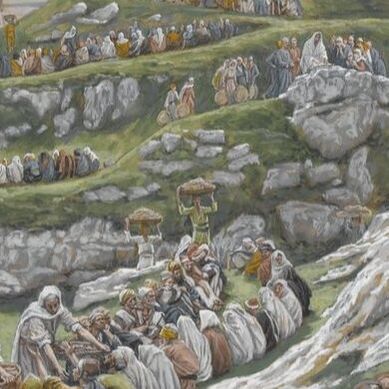
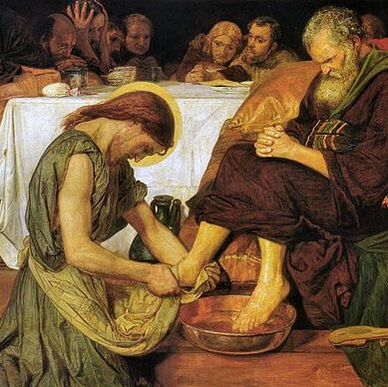
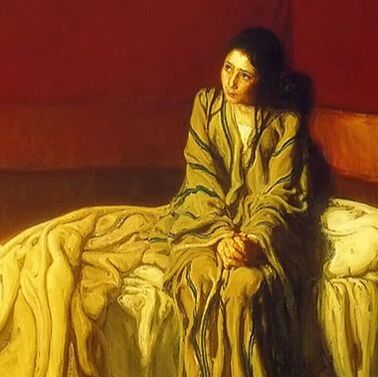
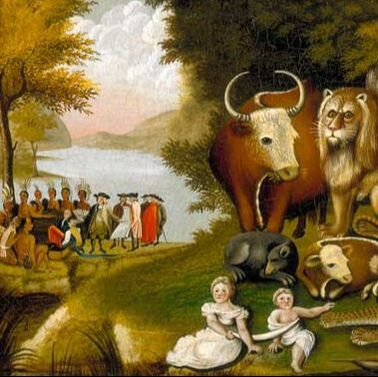
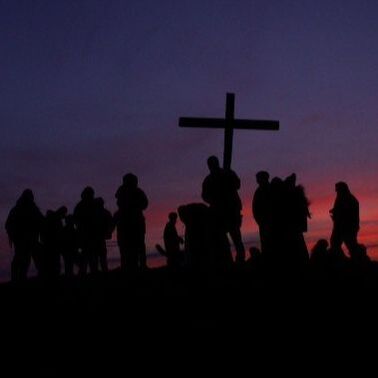
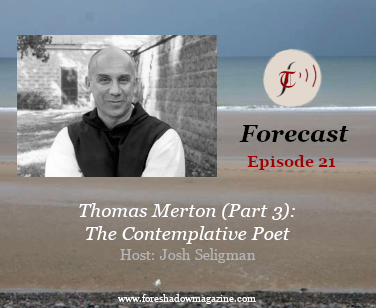
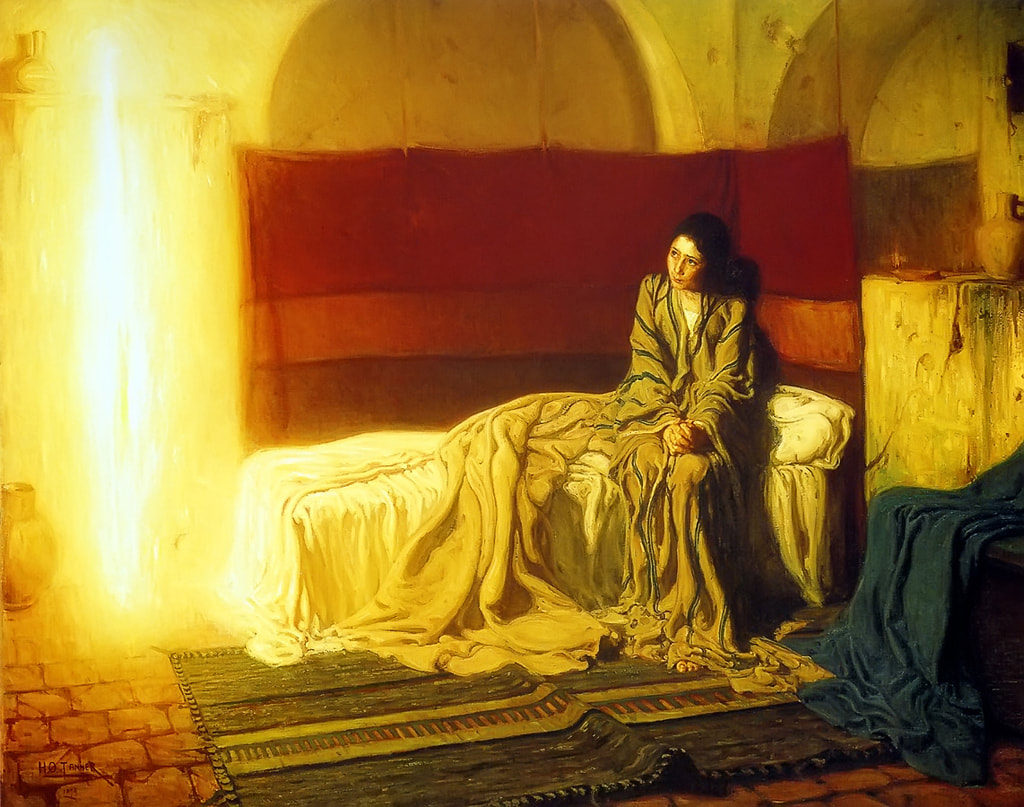
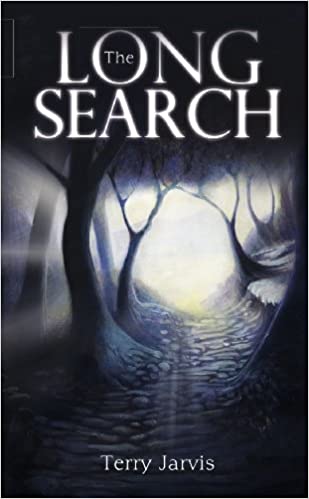
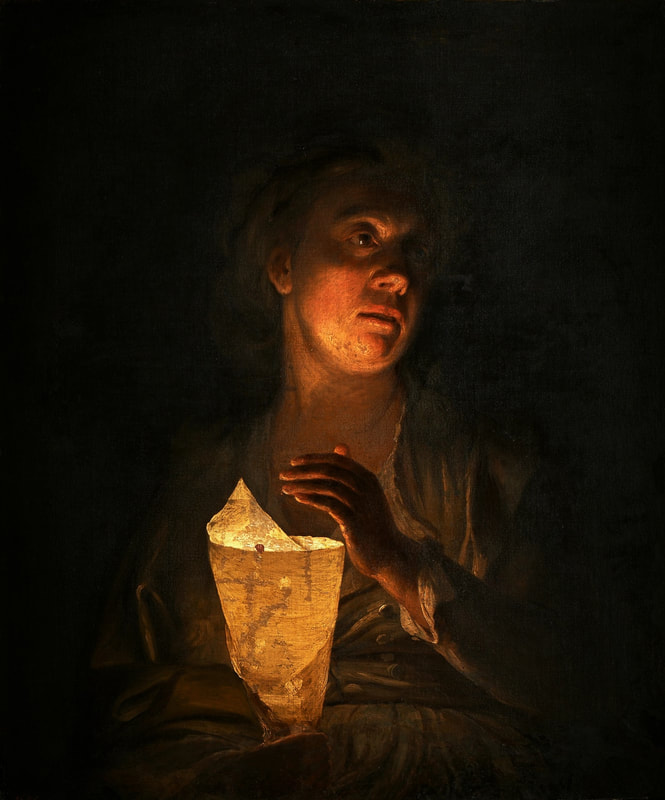
 RSS Feed
RSS Feed
